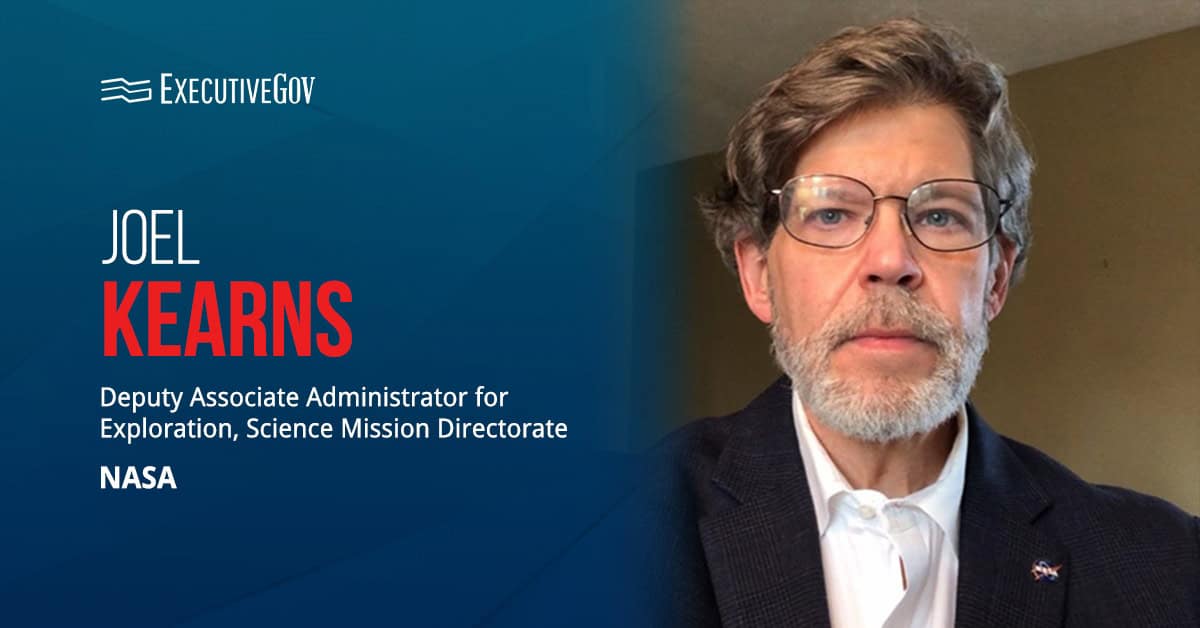The National Institute of Standards and Technology is soliciting feedback from the public on the second draft of the Artificial Intelligence Risk Management Framework, which seeks to address risks in the design, development, assessment and use of AI systems and services.
NIST said Thursday feedback from the first AI RMF draft and discussions at the second workshop held in March were used to inform the development of the latest draft.
The agency is also asking the public to submit comments on the draft NIST AI RMF Playbook, an online resource that offers recommendations on the framework’s implementation.
NIST will accept comments on the draft framework and playbook through Sept. 29th. It will also hold a two-day virtual workshop on the framework that will kick off on Oct. 18th.
The agency intends to publish the first iteration of the AI Risk Management Framework in January 2023.





